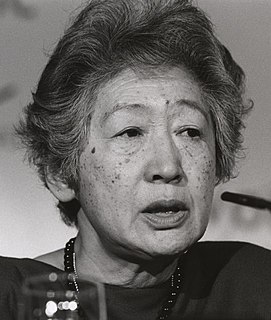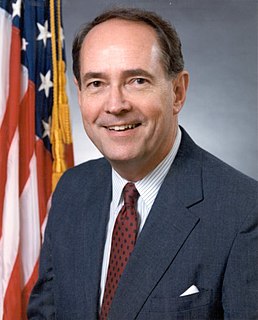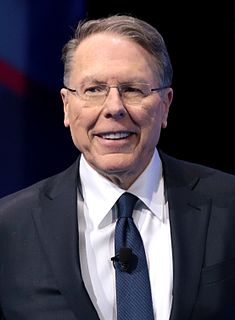A Quote by Ban Ki-moon
I grew up in war and saw the United Nations help my country to recover and rebuild. That experience was a big part of what led me to pursue a career in public service. As Secretary-General, I am determined to see this organization deliver tangible, meaningful results that advance peace, development and human rights.
Quote Topics
Advance
Am
Big
Big Part
Career
Country
Deliver
Determined
Development
Experience
General
Grew
Grew Up
Help
Human
Human Rights
I Am Determined
Led
Me
Meaningful
Nations
Organization
Part
Peace
Public
Public Service
Pursue
Rebuild
Recover
Results
Rights
Saw
Secretary
See
Service
Tangible
United
United Nations
Up
War
Related Quotes
Everybody knows that the United Nations is not the Secretary-General; he has an important position, but the United Nations is the states within this organization, and to be frank, most of the people say only the five permanent members; this is the United Nations because they have the veto, they can do whatever they want and they can refuse whatever they want, and if there's a reform that is very much needed for this organization.
Unfortunately, the United States and a few other governments have used the war on terrorism as a way of violating human rights. I am referring to the case of the Guantánamo Bay prisoners. This violation of the rights of prisoners has been so unbelievable that the United Nations has reminded the United States repeatedly that the treatment of prisoners should take place according to the preestablished conventions of the United Nations.
Refugee problems may often seem intractable but they are not insoluble. In our experience there are two basic prerequisites for solution: the political will of leaders to tackle the causes and to settle for peace, and international determination to push for peace and then to consolidate it. Consolidating peace means helping societies emerging from war to reintegrate refugees in safety and dignity, to rebuild their institutions - including in the field of justice and human rights - and to resume their economic development.
It was just one year ago that the world saw this new, invigorated United Nations in action as this Council stood fast against aggression and stood for the sacred principles enshrined in the U.N. Charter. And now it's time to step forward again, make the internal reforms, accelerate the revitalization, accept the responsibilities necessary for a vigorous and effective United Nations. I want to assure the members of this Council and the Secretary-General, the United Nations can count on our full support in this task.
If civilization is to survive, the principles of the Prince of Peace must be restored. Shattered trust between nations must be revived. Most important of all, the will for peace on the part of peace-loving nations must express itself to the end that nations that may be tempted to violate their agreements and the rights of others will desist from such a cause. There must be positive endeavors to preserve peace. America hates war. America hopes for peace. Therefore, America actively engages in the search for peace.
I want to stress again that human rights are not peripheral to the foreign policy of the United States. Our pursuit of human rights is part of a broad effort to use our great power and our tremendous influence in the service of creating a better world, a world in which human beings can live in peace, in freedom, and with their basic needs adequately met.
Norway, Iceland, Australia, Canada, Sweden, Switzerland, Belgium, Japan, the Netherlands, Denmark, and the United Kingdom are among the least religious societies on earth. According to the United Nations' Human Development Report (2005), they are also the healthiest, as indicated by life expectancy, adult literacy, per capita income, educational attainment, gender equality, homicide rate, and infant mortality. . . . Conversely, the fifty nations now ranked lowest in terms of the United Nations' human development index are unwaveringly religious.
It is not the Soviet Union or indeed any other big Powers who need the United Nations for their protection. It is all the others. In this sense, the Organization is first of all their Organization and I deeply believe in the wisdom with which they will be able to use it and guide it. I shall remain in my post during the term of my office as a servant of the Organization in the interests of all those other nations, as long as they wish me to do so.







































